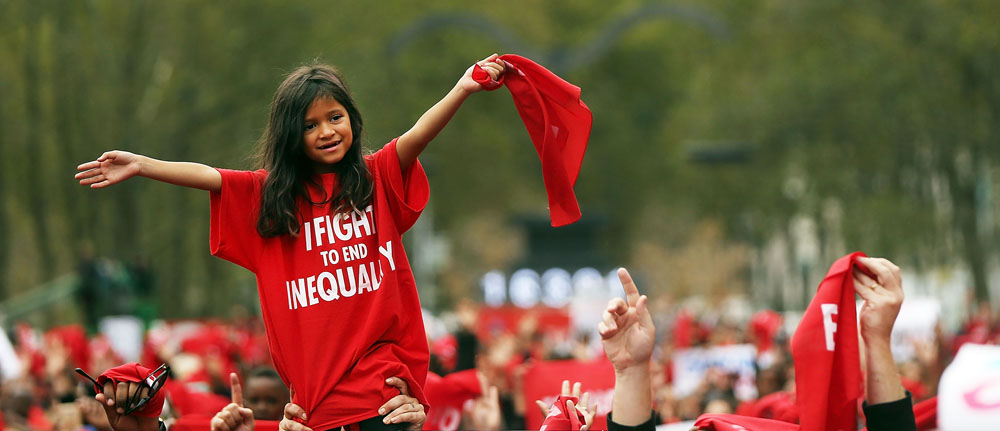
The Minor in Policy, Inequality, and Poverty provides Stanford undergraduates with the interdisciplinary tools needed to understand and contribute to the science of poverty and inequality. The minor is offered by the Department of Sociology in collaboration with the Center on Poverty and Inequality.
The coursework provides state-of-the-art training in the forms of poverty and inequality, the causes and consequences of poverty and inequality, and the many programs and interventions to reduce poverty and create opportunity. It provides opportunities to train in big data analysis, algorithms and predictive models, and qualitative and ethnographic methods. It also provides opportunities to participate in individual and group research projects and to join teams that are building poverty-reducing products, apps, and interventions.
Students gain broadly applicable skills through rigorous training in economics, sociology, psychology, and other related disciplines. Alumni can apply the knowledge gained through the minor to careers in business, public policy, medicine, public health, government service, the law, nongovernmental organizations, foundations, or academia.
Course Requirements
Required core courses include America: Unequal (SOC 3) and an approved social science methods course. At least two additional breadth courses must be chosen from two or more areas of concentration – Education, Gender, Health and Well-Being, Inequality and Mobility, Labor Markets, Poverty and the Safety Net, and Race, Ethnicity, and Immigration – and two elective courses are also required. The list of required and approved courses is available through the Department of Sociology.
Students may opt to replace one elective with a research apprenticeship with faculty in an ongoing research project.
How to Declare
The minor in Poverty, Inequality, and Policy is listed as a subplan under Sociology, and instructions for how to declare the minor are available through the Department of Sociology. Questions can also be directed to Laura Forbes Somers at the Center on Poverty and Inequality at inequality@stanford.edu.
